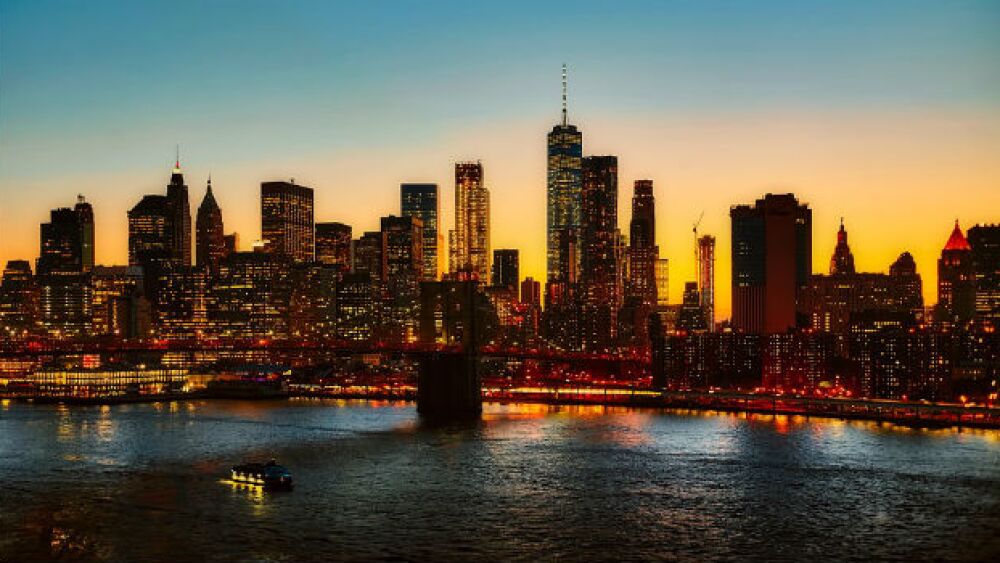New York City, despite its size, population and access to venture capital and top academic institutions, is not a major center for life science startups. But recent reports suggest that may—at least a little bit—be changing.
New York City, despite its size, population and access to venture capital and top academic institutions, is not a major center for life science startups. But recent reports suggest that may—at least a little bit—be changing.
For example, Alexandria Real Estate Equities, which is a major developer of real estate for biopharma, is developing a 500,000-square-feet addition to its life science campus in Manhattan. Also, the Long Island City Partnership is working to develop a cluster of life science space in a Queens neighborhood, spurred on by the decision by Amazon to pull out of its HQ2 plans.
Alexandria Real Estate Equities opened its flagship site, the Alexandria Center for Life Science – New York City in June 2017. In September 2018, Alexandria LaunchLabs, a full-service life science startup platform, opened in Cambridge, Mass.
A recent CBRE NYC Life Sciences Report for 2018’s fourth quarter indicated that life sciences leasing in the city climbed to 57,000 square feet in 2018 compared to about 40,000 square feet in 2018. Manhattan has more than 1.6 million square feet of life science space with 112,000 square feet available and an average price of $80 per square feet. The CBRE report projects that the city will double its lab space in the next two years.
“The exponential growth in Life Sciences seen in Boston and San Francisco is starting to be realized in a few other locations, including New York City,” stated Steve Purpura, CBRE’s vice chairman. “With upwards of 1.5 million square feet of lab space currently in development, coupled with a recent surge in funding for locally based research companies, New York is well-positioned to grow significantly moving forward.”
Although the San Francisco and Cambridge, Mass. areas are still the hottest areas for biotech startups, others are growing fast. One big surprise was Seattle, which ranked as the fastest-growing life science market from 2014 to 2017, with more than 17-percent growth.
In CBRE’s ranking for leading life science markets, New York City ranked 7, with Boston in the first spot followed by San Francisco and San Diego.
In October, Gotham Therapeutics, based in New York, launched with a $54 million Series A financing. It was co-led by founding investor Versant Ventures, Forbion and S.R. One. The investment syndicate included Celgene Corporation and Alexandria Venture Investments.
Gotham also has a subsidiary near Munich, Germany. At the time, Xconomy wrote, “Over the last several years, the city has made a concerted effort to bolster its startup biotech scene. City and state governments have committed more than $1 billion to growing New York’s biotech industry. Several startup incubators have sprouted up, and startup creators like Versant and Flagship Pioneering have arrived.”
Versant operates a biotech incubator in New York City, but Gotham was not part of it.
LifeSci NYC is investing $500 million over 10 years with the goal of creating 16,000 jobs and up to 2.8 million square feet of space for new life science projects. The state also has a life sciences initiative it launched in 2017 that offered $620 million for industry growth across the state.
According to the CBRE report, in 2018 New York City had about 12,700 life science jobs. It indicated that the city’s life science employment has shown a 3.6 percent annual growth from 2010 to 2016. Also last year, venture capitalists dropped $600 million into the city’s life science industry, more than double the $300 million figure in 2017 and dramatically higher than 2014’s $74 million.





